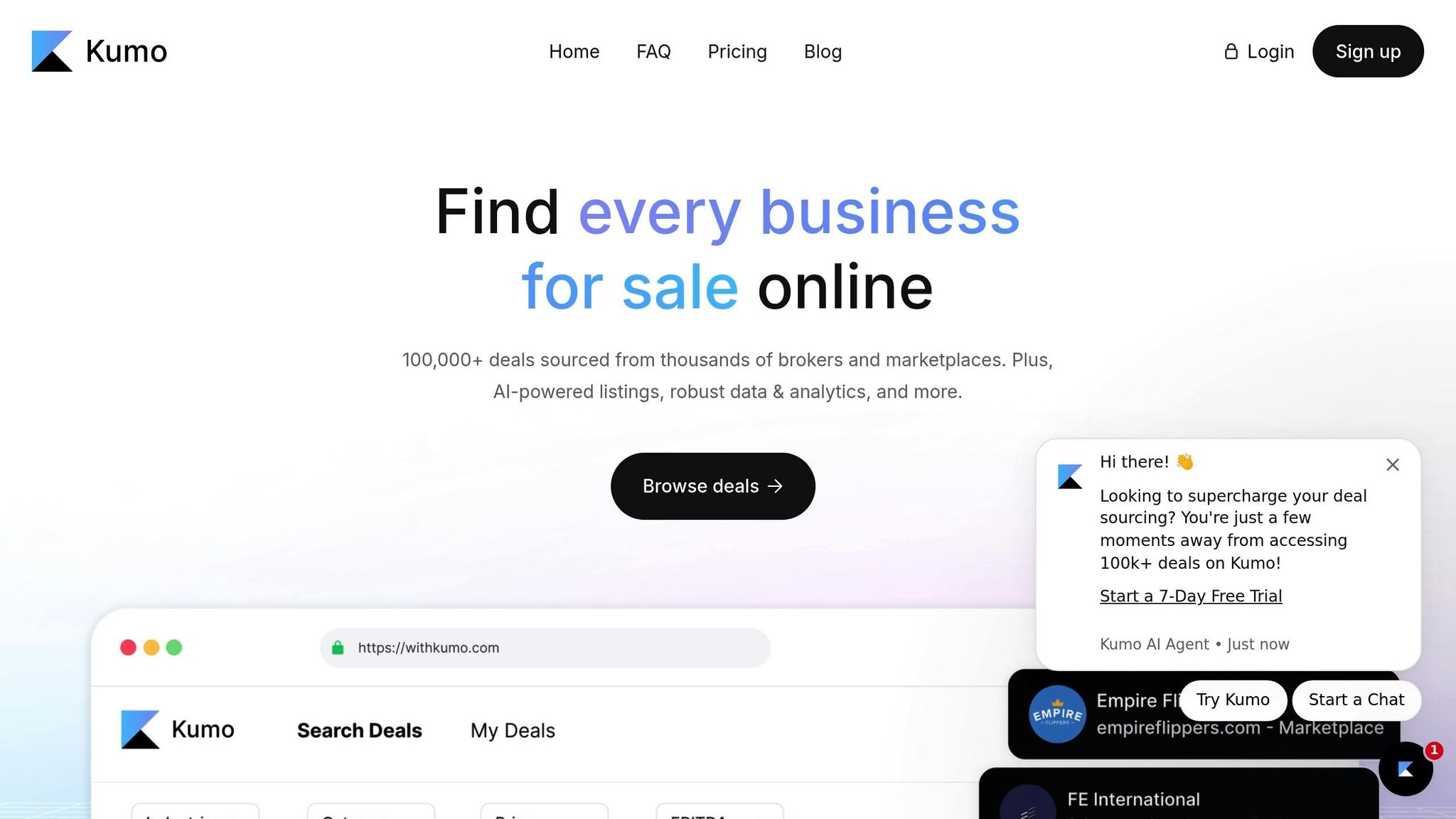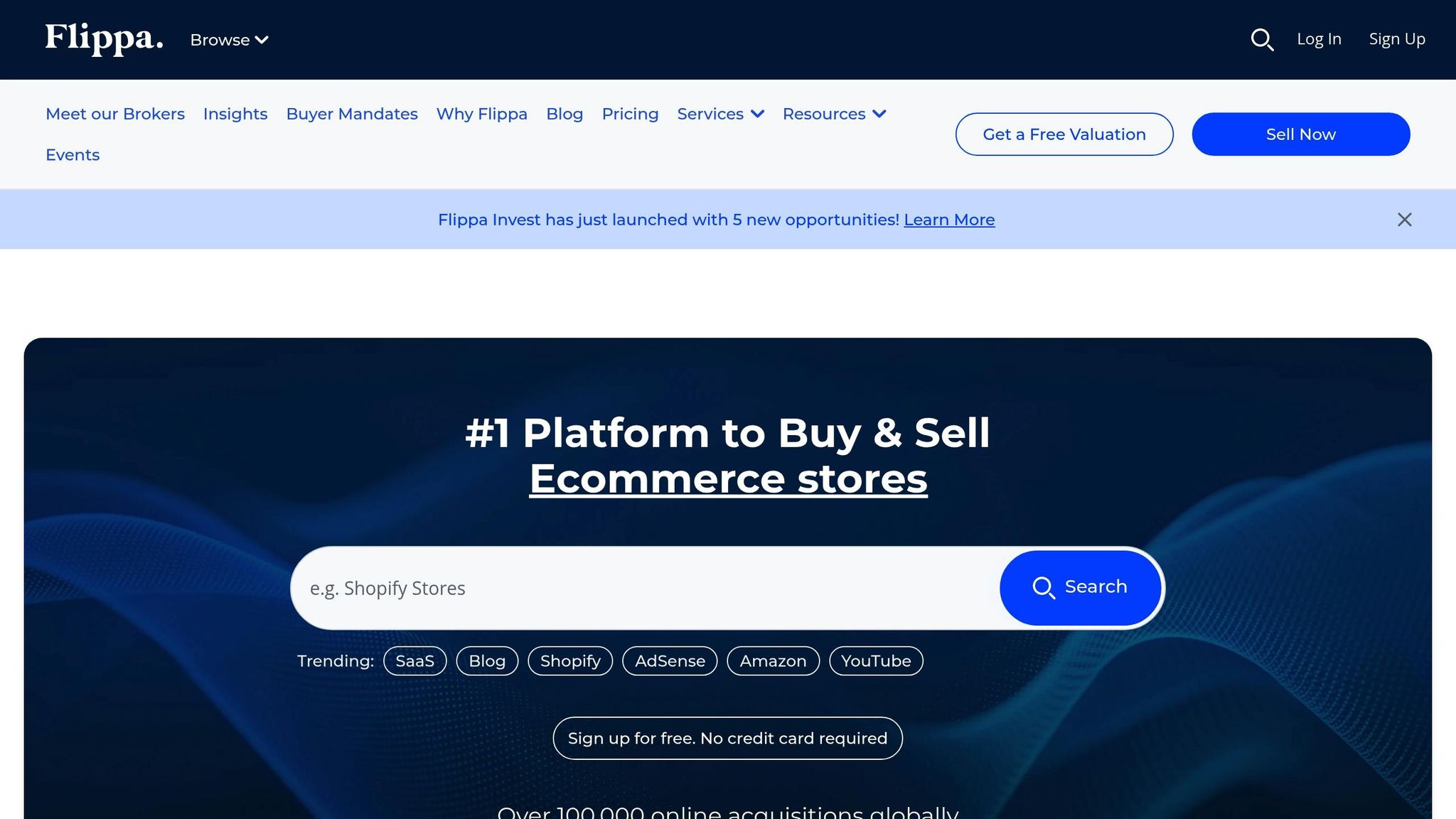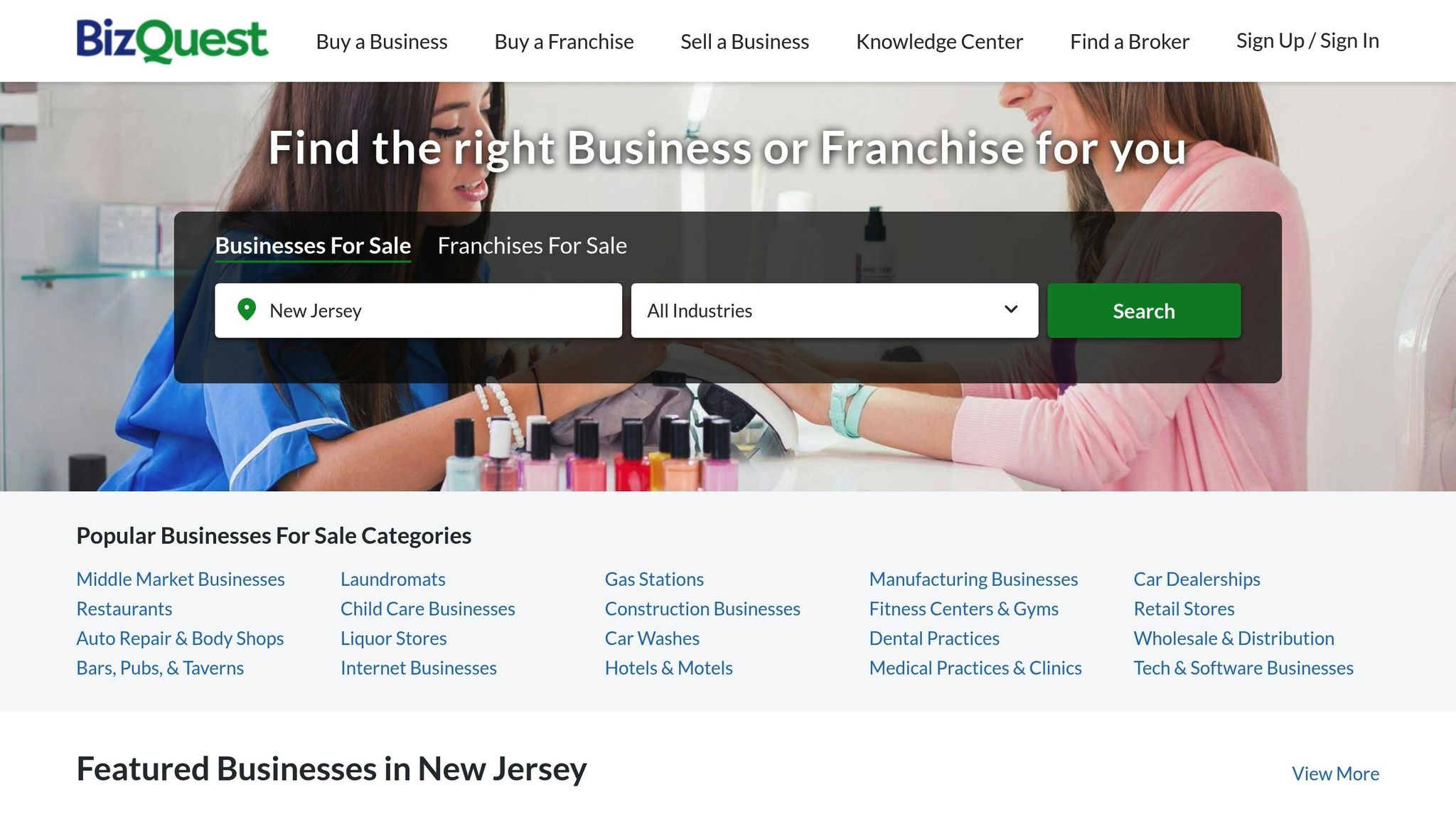Codely v2.0 public release is here
Lorem ipsum dolor sit amet, consectetur adipiscing elit lobortis arcu enim urna adipiscing praesent velit viverra sit semper lorem eu cursus vel hendrerit elementum morbi curabitur etiam nibh justo, lorem aliquet donec sed sit mi dignissim at ante massa mattis.
- Neque sodales ut etiam sit amet nisl purus non tellus orci ac auctor
- Adipiscing elit ut aliquam purus sit amet viverra suspendisse potent i
- Mauris commodo quis imperdiet massa tincidunt nunc pulvinar
- Adipiscing elit ut aliquam purus sit amet viverra suspendisse potenti
What has changed in our latest release?
Vitae congue eu consequat ac felis placerat vestibulum lectus mauris ultrices cursus sit amet dictum sit amet justo donec enim diam porttitor lacus luctus accumsan tortor posuere praesent tristique magna sit amet purus gravida quis blandit turpis.
All new features available for all public channel users
At risus viverra adipiscing at in tellus integer feugiat nisl pretium fusce id velit ut tortor sagittis orci a scelerisque purus semper eget at lectus urna duis convallis. porta nibh venenatis cras sed felis eget neque laoreet suspendisse interdum consectetur libero id faucibus nisl donec pretium vulputate sapien nec sagittis aliquam nunc lobortis mattis aliquam faucibus purus in.
- Neque sodales ut etiam sit amet nisl purus non tellus orci ac auctor
- Adipiscing elit ut aliquam purus sit amet viverra suspendisse potenti
- Mauris commodo quis imperdiet massa tincidunt nunc pulvinar
- Adipiscing elit ut aliquam purus sit amet viverra suspendisse potenti
Coding collaboration with over 200 users at once
Nisi quis eleifend quam adipiscing vitae aliquet bibendum enim facilisis gravida neque. Velit euismod in pellentesque massa placerat volutpat lacus laoreet non curabitur gravida odio aenean sed adipiscing diam donec adipiscing tristique risus. amet est placerat in egestas erat imperdiet sed euismod nisi.
“Nisi quis eleifend quam adipiscing vitae aliquet bibendum enim facilisis gravida neque velit euismod in pellentesque massa placerat”
Real-time code save every 0.1 seconds
Eget lorem dolor sed viverra ipsum nunc aliquet bibendum felis donec et odio pellentesque diam volutpat commodo sed egestas aliquam sem fringilla ut morbi tincidunt augue interdum velit euismod eu tincidunt tortor aliquam nulla facilisi aenean sed adipiscing diam donec adipiscing ut lectus arcu bibendum at varius vel pharetra nibh venenatis cras sed felis eget dolor cosnectur drolo.
Looking for the best places to find businesses for sale in the U.S.? Here's a quick overview of five platforms that cater to different buyer needs:
- Kumo: Aggregates over 100,000 listings from brokers and marketplaces, offering tools like deal alerts and AI-powered filters.
- BizBuySell: Known for its large inventory of established businesses, with 40,000–45,000 active listings and localized search options.
- Flippa: Focuses on digital businesses like websites and e-commerce stores, with most listings priced under $50,000.
- BizQuest: Offers diverse listings, including franchises, with a focus on small to mid-sized businesses.
- Exchange by Shopify: Specializes in e-commerce businesses running on Shopify, with prices ranging from $50 to $1 million+.
Each platform has unique features tailored to different types of buyers, whether you're interested in brick-and-mortar businesses, digital assets, or e-commerce ventures. Below is a comparison to help you decide which platform fits your goals.
Quick Comparison
| Platform | Focus | Listings Range | Key Features | Fees/Costs |
|---|---|---|---|---|
| Kumo | All business types | 100,000+ active deals | AI filters, deal alerts, CSV exports | Free plan; Pro options |
| BizBuySell | Established U.S. businesses | 40,000–45,000 | Localized search, valuation tools | $200–$2,000+ |
| Flippa | Digital businesses | $50–$5M+ | Verified traffic/revenue, escrow | $29 + 3–15% commission |
| BizQuest | Small/mid-market businesses | 1,500+ | Franchises, local search tools | Varies by package |
| Exchange by Shopify | E-commerce businesses | $50–$1M+ | Shopify-specific tools, localization | Shopify transaction fees |
Choose based on your business type, location preference, and budget. Each platform provides tools and resources to streamline the buying process while addressing U.S. market needs.
1. Kumo

Kumo is a deal aggregation platform designed to simplify how U.S. buyers find small and medium business (SMB) acquisition opportunities. By pulling together listings from thousands of brokers and marketplaces into one interface, Kumo makes the search process more efficient. Let’s take a closer look at its deal variety, user-friendly features, and data accuracy.
Deal Variety
Kumo provides buyers with a vast selection of opportunities. With over 100,000 active business-for-sale listings and more than 700 new deals added daily, the platform ensures buyers have access to fresh options regularly.
Since its launch, Kumo has aggregated more than 815,291 listings, representing businesses with a combined annual revenue of over $538 billion. Currently, it tracks over $26 billion in active listings, spanning a wide range of industries and sectors. This extensive coverage makes it a go-to resource for buyers looking for diverse opportunities.
Platform Usability
Kumo addresses common frustrations like inconsistent data and duplicate listings. Using AI technology, the platform organizes business listings into clear, concise bullet points, helping buyers quickly digest key information. Duplicate entries are automatically merged, so each opportunity is presented just once.
Customizable search filters allow users to refine results based on factors like revenue, asking price, location, and industry - focusing on what matters most in the U.S. market. Plus, deal alerts keep users informed about new opportunities, particularly those that are time-sensitive.
Data Quality
Kumo places a strong emphasis on data accuracy and consistency. It gathers listings from thousands of brokers and marketplaces, applying strict validation processes to ensure reliability. Each listing is standardized, making comparisons straightforward and dependable.
For those who prefer deeper analysis, Kumo offers an export feature, enabling users to download deal data in CSV format for use in tools like Excel or Google Sheets. This level of precision and flexibility has earned Kumo the trust of search funds, private equity firms, holding companies, family offices, and corporate M&A teams.
2. BizBuySell
BizBuySell stands out as the Internet's largest marketplace for buying and selling businesses. Founded in 1996 and now part of the CoStar Group, it has become a go-to platform for U.S. buyers searching for profitable business opportunities.
Deal Variety
With tens of thousands of businesses listed for sale every year and over 100,000 successful transactions, BizBuySell offers a broad selection of options. The platform specializes in established businesses across industries like services, construction, restaurants, and gas stations. As of August 4, 2025, the listings range from affordable service businesses to high-value enterprises, including franchises.
Regional Relevance
What sets BizBuySell apart is its localized search functionality. Instead of restricting searches to individual cities or entire states, the platform groups cities and counties into about 175 metro areas, allowing buyers to focus on regions they understand or prefer. Users can also type in a location to see suggestions for commonly searched metro areas across the U.S.. This approach simplifies the process of finding opportunities in specific markets.
Platform Usability
BizBuySell attracts around 1.4 million monthly visitors and over 3 million visits each month from prospective buyers. The search process is straightforward - users can directly input locations and industries without dealing with clunky drop-down menus. Buyers can browse listings for free, though some details are restricted unless they opt for membership packages that unlock more in-depth information. The platform also provides valuation tools and educational resources to guide users through the buying process. Additionally, the search results page allows buyers to refine their criteria and compare up to four locations at the same level, whether city, county, or state.
Data Quality
BizBuySell is known for its detailed financial information, helping buyers make well-informed decisions. Most listings include comprehensive financial performance data, emphasizing the platform's focus on established and profitable businesses. This attention to detail has cemented BizBuySell's reputation as a trusted resource for small and medium-sized business acquisitions in the U.S.
3. Flippa

Flippa has become a go-to digital marketplace, boasting a community of over 600,000 buyers and investors actively seeking online business opportunities. Each week, more than 400,000 buyers engage with the platform, making it a hub for those exploring digital business acquisitions. With an "Excellent" rating on Trustpilot, supported by 2,590 reviews, Flippa has earned a reputation for simplifying the process of buying and selling online businesses.
Deal Variety
Focused exclusively on digital businesses and online assets, Flippa is a standout option for those interested in websites, e-commerce stores, mobile apps, and other online properties. Unlike platforms that cater to traditional brick-and-mortar businesses, Flippa keeps its spotlight on the digital realm. Most listings are priced at $50,000 or less, making it especially appealing to first-time buyers dipping their toes into the world of digital entrepreneurship.
For those hesitant about making a significant investment right away, Flippa offers plenty of low-cost starter sites. These listings provide a chance to gain experience in managing digital assets without requiring a large upfront financial commitment.
Regional Relevance
Flippa caters to U.S.-based buyers with country-specific filtering options, allowing users to narrow their searches to businesses located in the United States. Beyond this, the platform takes it a step further by enabling searches at the state level, which is a game-changer for buyers looking to focus on specific regions or leverage local market knowledge.
This feature is particularly useful for those who prefer managing businesses within their own time zones or targeting specific regional markets. These tailored filters make it easier to find opportunities that align with both geographic preferences and business goals.
Platform Usability
Flippa’s interface is designed with simplicity in mind, offering a clean layout and intuitive search tools to make browsing effortless. For those new to the platform, Flippa provides step-by-step guides and a detailed FAQ section to help users navigate the buying process.
Additional features like saved searches, alerts, the Editor's Choice search tool, and direct messaging between buyers and sellers enhance the overall experience. Buyers can also watch listings to stay updated on any changes or comments from sellers.
Data Quality
Transparency is a key focus for Flippa. The platform provides verified traffic statistics, revenue details, and seller histories for most listings, giving buyers the information they need to make informed decisions.
That said, experts advise buyers to perform their own due diligence. Tiago Pita, Brand and eCommerce Director at Whole Food Earth, offers this advice:
"Flippa provides solid support and transparency, but buyers must verify financials and traffic data independently. Use Escrow services and communicate clearly with sellers to minimize risks."
Flippa also integrates secure payment processing, user ratings, and due diligence tools to protect buyers throughout the transaction process. The platform’s Escrow service adds an extra layer of security, ensuring that both buyers and sellers fulfill their obligations before any money changes hands.
4. BizQuest

BizQuest, founded in 1994, has established itself as a trusted platform for buyers seeking business acquisition opportunities across the United States. With over 1,500 listings, it’s a go-to resource for those looking to purchase established businesses instead of starting from scratch.
Deal Variety
BizQuest offers an impressive variety of business types, ranging from traditional brick-and-mortar establishments to modern digital ventures. The platform features businesses for sale and franchise opportunities, giving buyers the flexibility to choose what suits their goals. Listings include options like restaurants, auto repair shops, laundromats, liquor stores, childcare centers, bars, and internet-based businesses.
The platform caters to a wide range of budgets. For example, recent listings include a heavy-duty truck repair shop in Dayton, OH, priced at $650,000 with a cash flow of $400,000, alongside a passive income Invisalign lead generation business in Pasadena, CA, listed for just $2,500 with a cash flow of $25,000. Other examples include a wedding venue in New Smyrna Beach, FL (priced at $689,000 with $335,000 cash flow), a custom auto shop in Santa Clara County, CA (listed at $1,250,000), and a running gear wholesaler in Miami-Dade County, FL (priced at $1,600,000 with $411,000 cash flow).
Regional Relevance
For buyers focused on specific areas, BizQuest’s state and city-based search tools make it simple to locate opportunities in preferred regions. The platform allows users to filter results by both industry and geographic location, helping buyers zero in on markets they know well.
This location-focused approach is especially useful for those targeting particular areas. Whether it’s a bakery and deli in Mammoth Lakes, CA (listed at $1,500,000 with $297,281 cash flow) or a sushi restaurant in Orlando, FL (priced at $400,000 with $81,000 cash flow), BizQuest’s tools make it easier to find the right fit quickly.
Platform Usability
BizQuest emphasizes ease of use with its straightforward interface and advanced search features, making it simple for buyers to discover businesses that align with their preferences. The platform’s design is clean and user-friendly, offering a range of tools for both buyers and sellers.
Search filters allow users to refine results by location, price, and business type, while advanced options help narrow down listings to meet specific investment criteria. Buyers often highlight how these features streamline the process of finding suitable opportunities.
Data Quality
BizQuest provides detailed financial information for its listings and benefits from increased visibility through CoStar’s network. Additionally, the platform offers educational resources on buying and selling businesses, including guidance on valuation methods.
Up next, we’ll explore Exchange by Shopify, another prominent U.S. marketplace for buying and selling businesses.
sbb-itb-97ecd51
5. Exchange by Shopify

In our exploration of top acquisition platforms in the U.S., Exchange by Shopify stands out for its focus on digital commerce. This platform hosts a marketplace of over 10,000 e-commerce businesses, all operating on Shopify’s infrastructure. Whether you're looking to break into e-commerce or scale an existing operation, this platform offers a wide array of opportunities.
Deal Variety
Exchange by Shopify showcases businesses across diverse categories like fashion, furniture, food, and makeup. Buyers can explore options ranging from starter stores - ideal for those wanting a foundation to build upon - to fully established businesses with loyal customer bases. The price range is just as broad, starting at $50 for smaller ventures and reaching into the millions for thriving enterprises. This reflects the booming e-commerce sector, which grew from $1.3 trillion in 2014 to $4.1 trillion by 2020.
Regional Relevance
For U.S. buyers, Exchange by Shopify makes localization a breeze. It provides tools for customized domains, SEO enhancements, currency conversion, language translation, and region-specific pricing. This is particularly beneficial for businesses eyeing global markets. Research shows that offering a local payment option can boost checkout conversions by 7.4% - a compelling reason to prioritize regional adjustments.
"You don't need a separate storefront for every country. You need a smarter, unified storefront that adapts to every country." - Shopify
Platform Usability
Built on Shopify’s powerful platform, Exchange by Shopify delivers advanced tools for managing online stores. Features like the Markets API and Catalog API allow buyers to programmatically control pricing, payment methods, and tax configurations. For further localization, users can customize aspects like trust badges, press logos, and even spelling variations to match specific regions.
The platform offers two approaches to localization:
- Shopify Markets: Ideal for those who want to handle localization independently.
- Shopify Markets Pro: A turnkey solution where Shopify manages the complexities on your behalf.
Data Quality
With the Catalog API, merchants can fine-tune product details - titles, descriptions, availability, and pricing - for each target market. This ensures that businesses can cater to different audiences effectively, maintaining a polished and professional storefront.
The comparison table below highlights these features for easy reference across platforms.
Platform Comparison Table
The table below highlights the key differences in features, pricing, and focus areas among U.S. platforms for acquiring small and medium-sized businesses (SMBs).
| Platform | Primary Focus | Deal Range | Key Strengths | Commission/Fees | Monthly Visitors |
|---|---|---|---|---|---|
| Kumo | AI-powered deal aggregation | All business types | Custom search filters, deal alerts, no referral fees, real-time data insights | Free plan available; Pro/Enterprise pricing varies | Not disclosed |
| BizBuySell | Established U.S. businesses | Varies widely | 40,000–45,000 active listings; strong U.S. market presence | Seller fees: $200–$2,000+ | 1.4 million |
| Flippa | Digital assets & online businesses | $50–$5M+ | Over $400 million in closed sales; 3–15% commission structure | Listing fees starting at $29 plus 3–15% commission | 600,000+ searches |
| BizQuest | Main street businesses | Small to mid-market | Established U.S. marketplace; broker network | Varies by listing package | Not disclosed |
| Exchange by Shopify | E-commerce businesses | $50–$1M+ | Established portfolio of Shopify-based e-commerce businesses | Shopify transaction fees apply | Not disclosed |
Key Comparisons: Pricing, Traffic, and Deal Variety
When it comes to pricing, traffic, and deal variety, the platforms offer distinct advantages. BizBuySell charges sellers between $200 and $2,000+ depending on the listing package, while Flippa requires a $29 listing fee plus a 3–15% commission (e.g., $3,000–$15,000 on a $100,000 sale). In terms of traffic, BizBuySell attracts 1.4 million monthly visitors and features 40,000–45,000 active listings. Meanwhile, Flippa sees over 600,000 monthly searches and has facilitated more than $400 million in closed sales.
Each platform caters to a specific audience. BizBuySell is ideal for those seeking established brick-and-mortar businesses, making it a go-to for traditional main street operations. On the other hand, Exchange by Shopify focuses exclusively on e-commerce businesses. Kumo stands out by leveraging AI tools to simplify the search process with custom filters and deal alerts, all while avoiding referral fees. In contrast, other platforms include various fees that can impact the overall acquisition cost.
These differences allow U.S. buyers to align their platform choice with their specific acquisition goals, whether they are pursuing digital assets, established physical businesses, or Shopify-based e-commerce ventures. By understanding the unique strengths of each platform, buyers can make informed decisions as they navigate their SMB acquisition journey.
Conclusion
When choosing a platform, think about factors like the variety of deals, regional focus, and how user-friendly it is. For buyers aiming to acquire brick-and-mortar businesses, platforms with a strong local presence could be more beneficial. On the other hand, if you're interested in digital assets or online businesses, focus on platforms with a proven history of active markets. E-commerce buyers, in particular, might lean toward platforms offering a portfolio specifically tailored to that sector.
Once you've selected a platform, take the time to gather demographic data. This will help you evaluate the market size, pinpoint customer locations, and understand demand trends. Many platforms also offer tools to save your searches and send email updates whenever new businesses that match your criteria are listed.
Don’t forget to factor in the overall acquisition cost. While platforms like Kumo eliminate referral fees, other platforms may charge commissions or additional fees that could impact your budget. Always account for these when calculating the total cost of your acquisition.
Using multiple platforms can broaden your options and make it easier to find the right SMB opportunity in the U.S. market. This approach ensures you maximize your deal flow while keeping your acquisition strategy efficient and effective.
FAQs
What should I look for in a business marketplace platform when buying a business in the U.S.?
When choosing a business marketplace platform in the U.S., it's important to consider how well it aligns with local market requirements. Look for platforms that accommodate U.S.-specific standards, such as currency in dollars ($), date formats, and other regional preferences.
Another key factor is ease of use. A platform with intuitive navigation and user-friendly features can make the buying process much smoother. It's also helpful to select one that offers a broad range of listings and tools to evaluate opportunities effectively. Features like detailed business profiles, advanced search filters, and built-in communication tools can simplify your search and help you make well-informed choices.
Finally, think about the platform's ability to grow with your needs. Opt for one that offers scalable options and reliable support to ensure it remains a valuable resource as your business evolves.
How do platform fees and other costs affect the total expense of buying a business?
The fees and costs associated with business marketplace platforms can greatly influence the overall expense of acquiring a business. These costs often include platform fees, transaction charges, and other expenses like marketing and legal services. For instance, transaction fees for mergers and acquisitions typically fall between 1% and 4% of the deal’s value, though larger deals may come with even higher costs.
Buyers should take a close look at these expenses to ensure the acquisition fits within their financial plans. By budgeting wisely and managing costs effectively, you can align the investment with your financial and strategic objectives, ultimately streamlining the process and boosting profitability.
How do AI-powered tools and customizable search filters improve the experience of finding business listings?
AI-driven tools combined with customizable search filters simplify the process of finding business listings, making it quicker and more precise. These tools sift through massive amounts of data to present options that align closely with your preferences, saving you both time and effort.
With customizable filters, you can narrow down searches based on factors like location, industry, or price range, creating a more tailored and accurate search experience. This combination helps buyers uncover top-tier listings, make well-informed decisions, and connect with opportunities that best match their needs.

